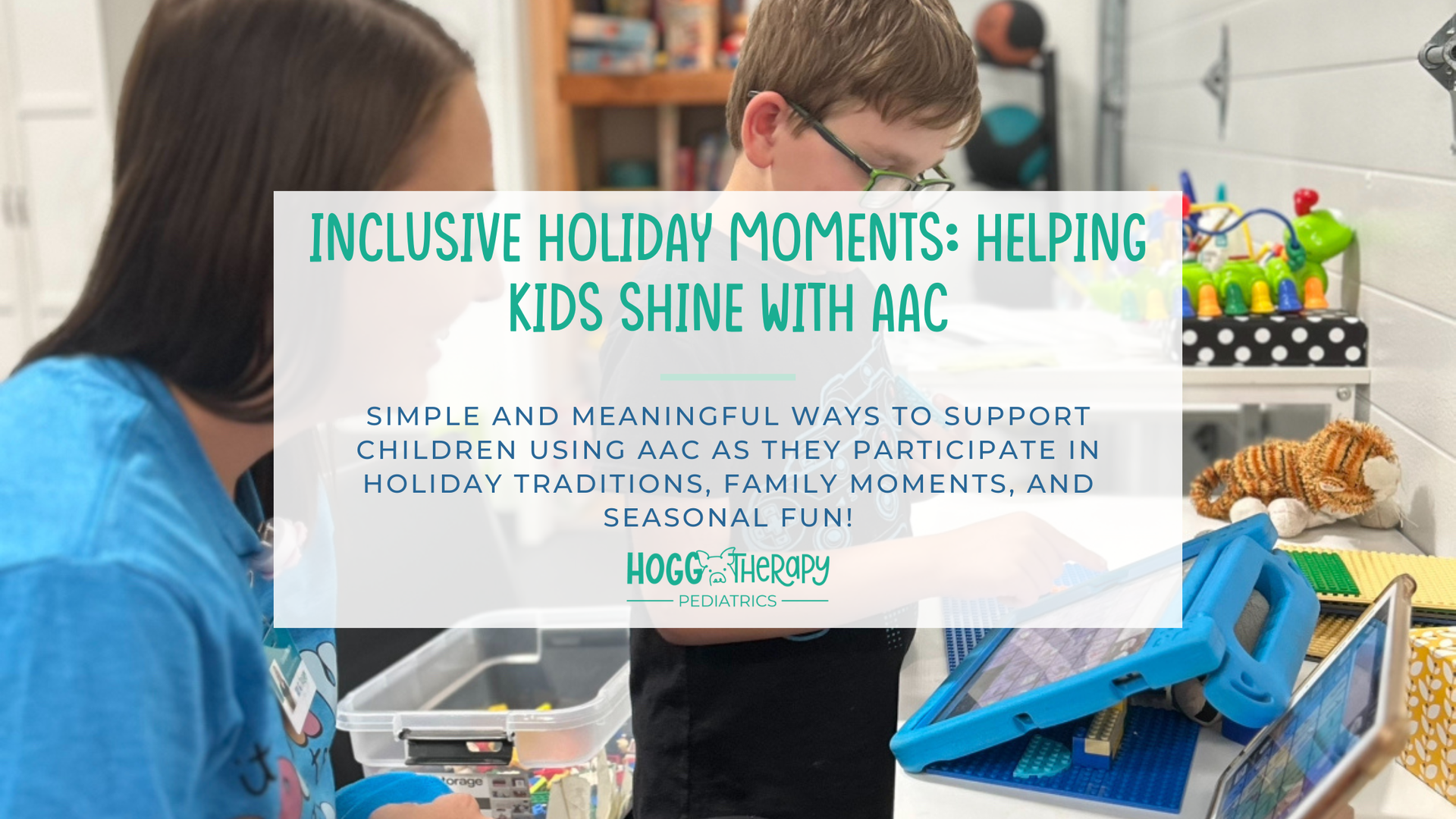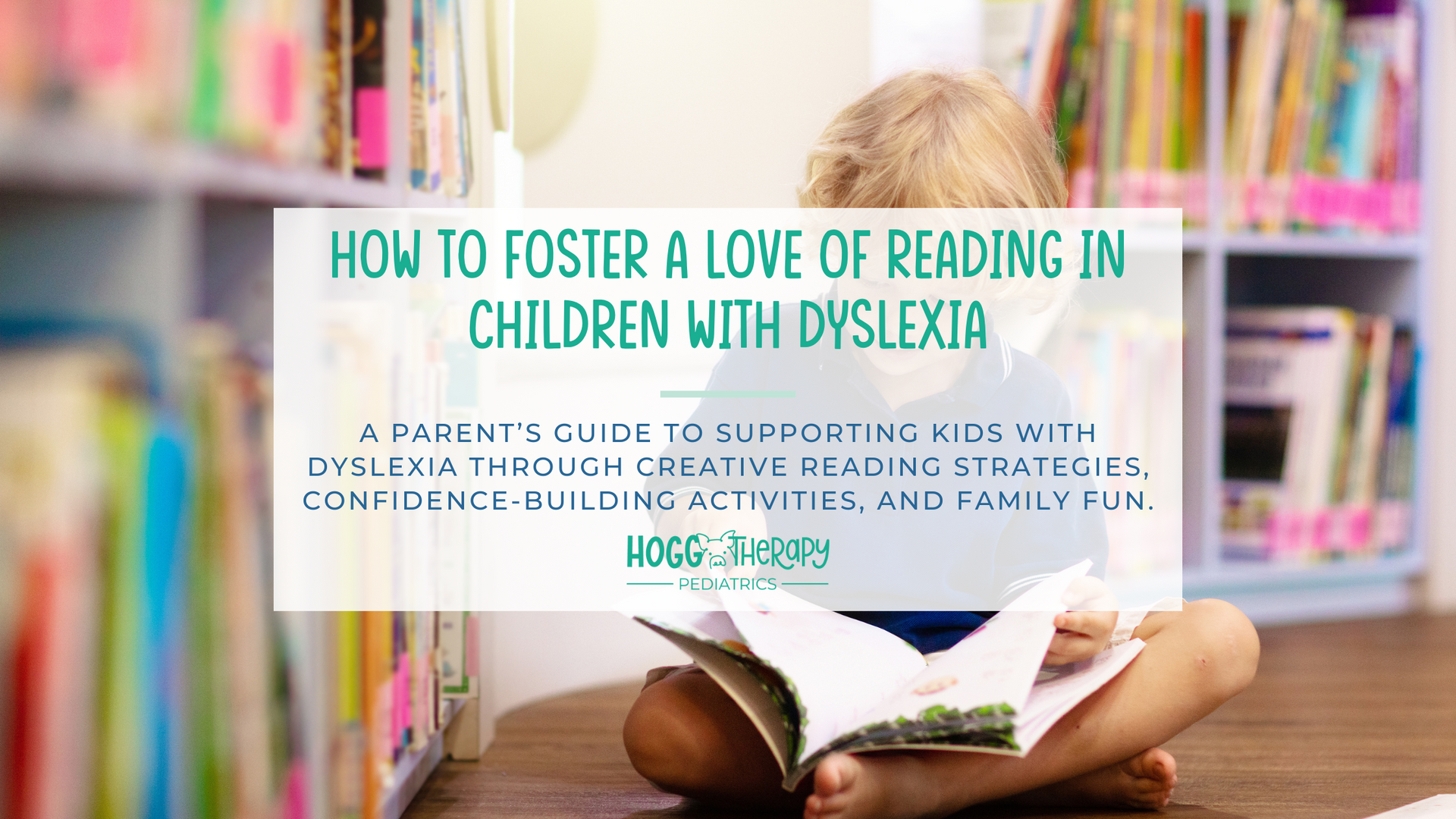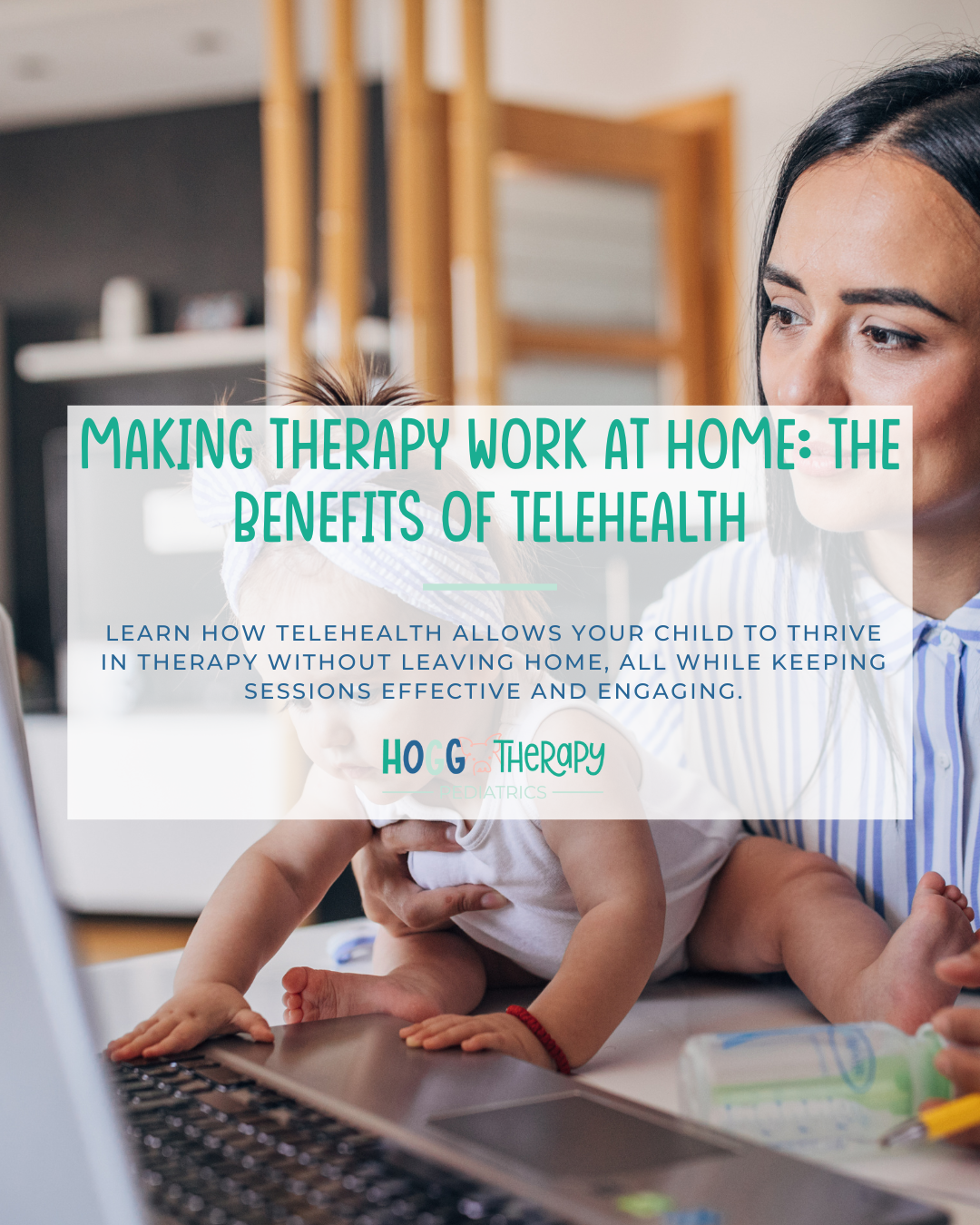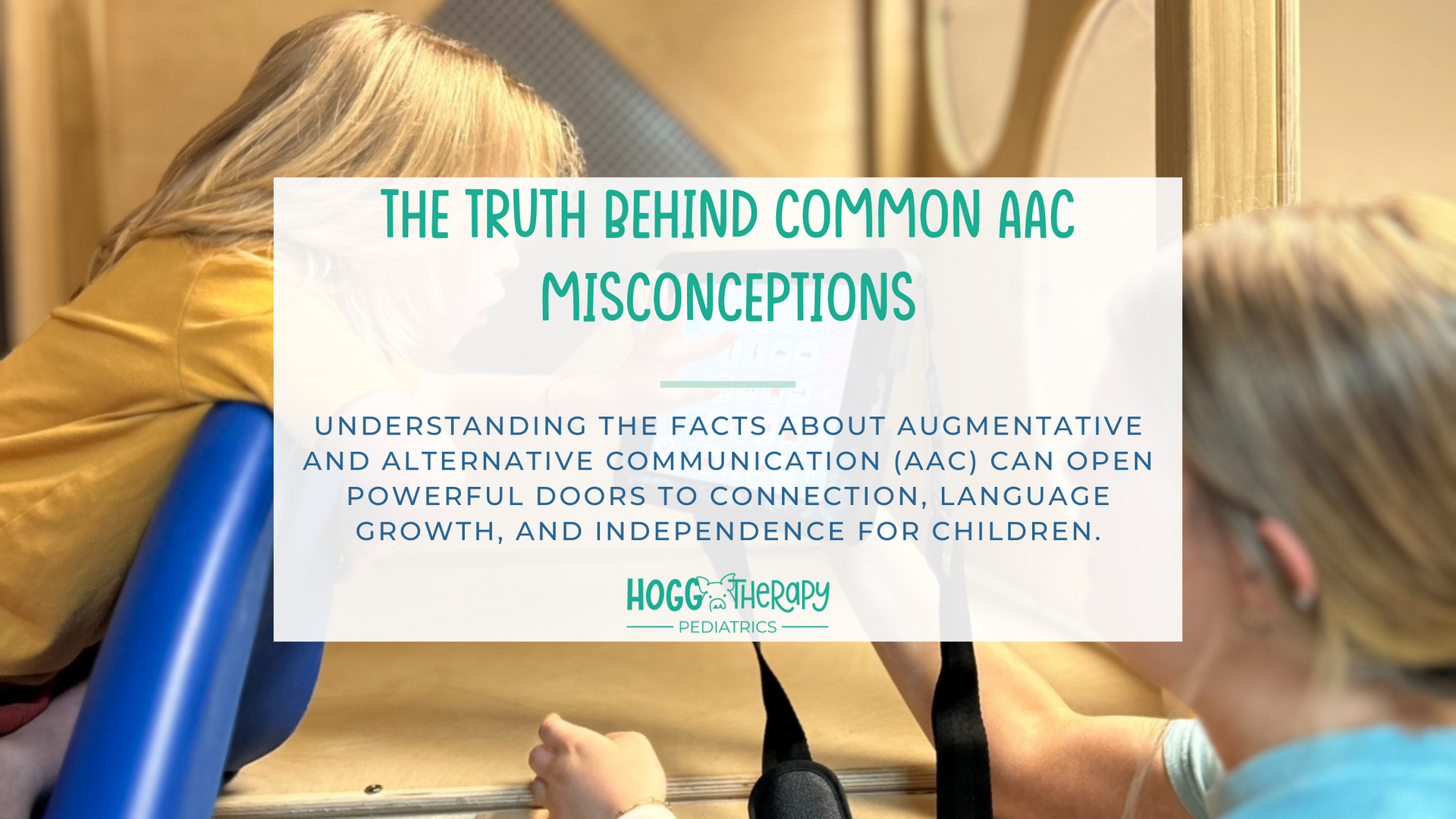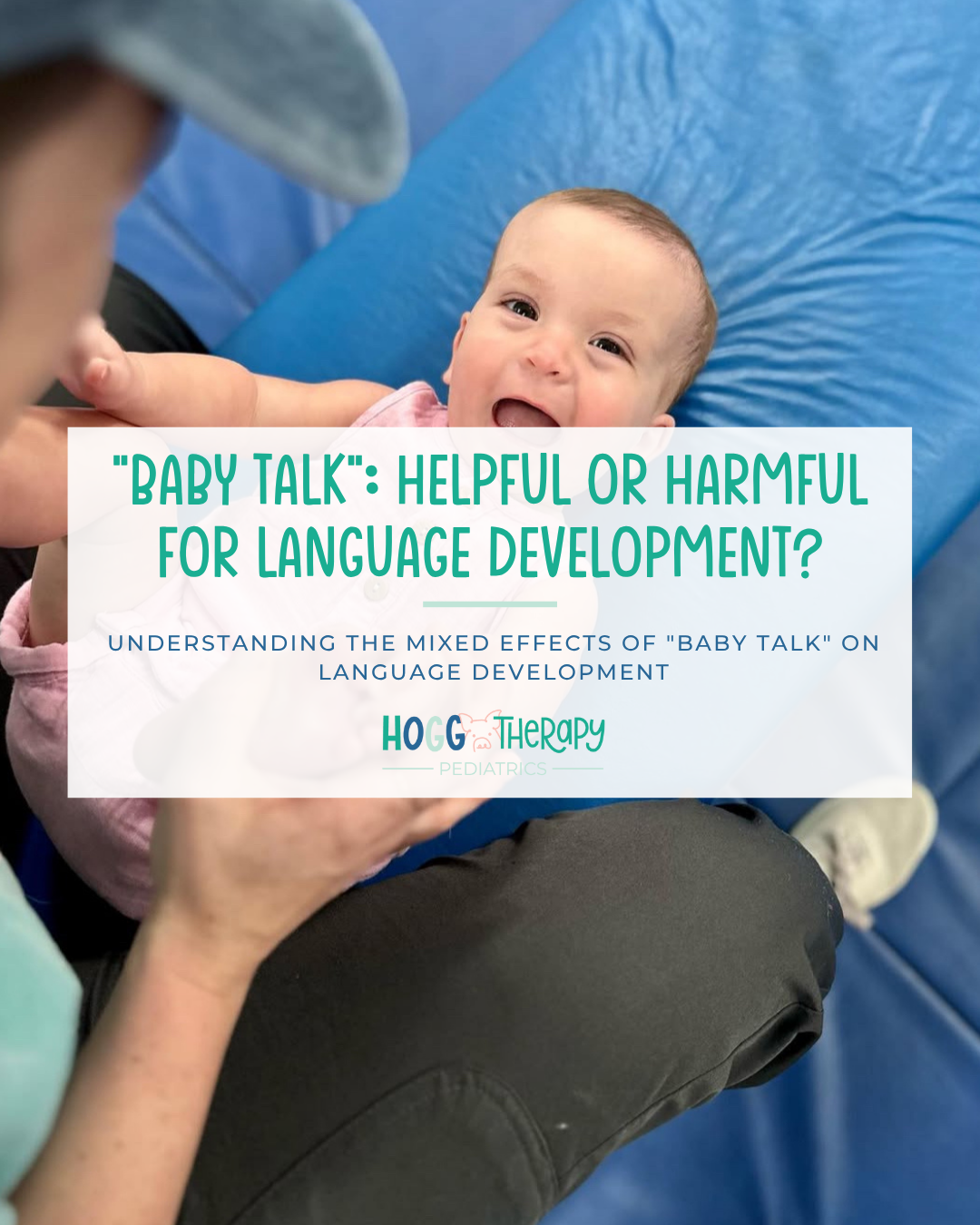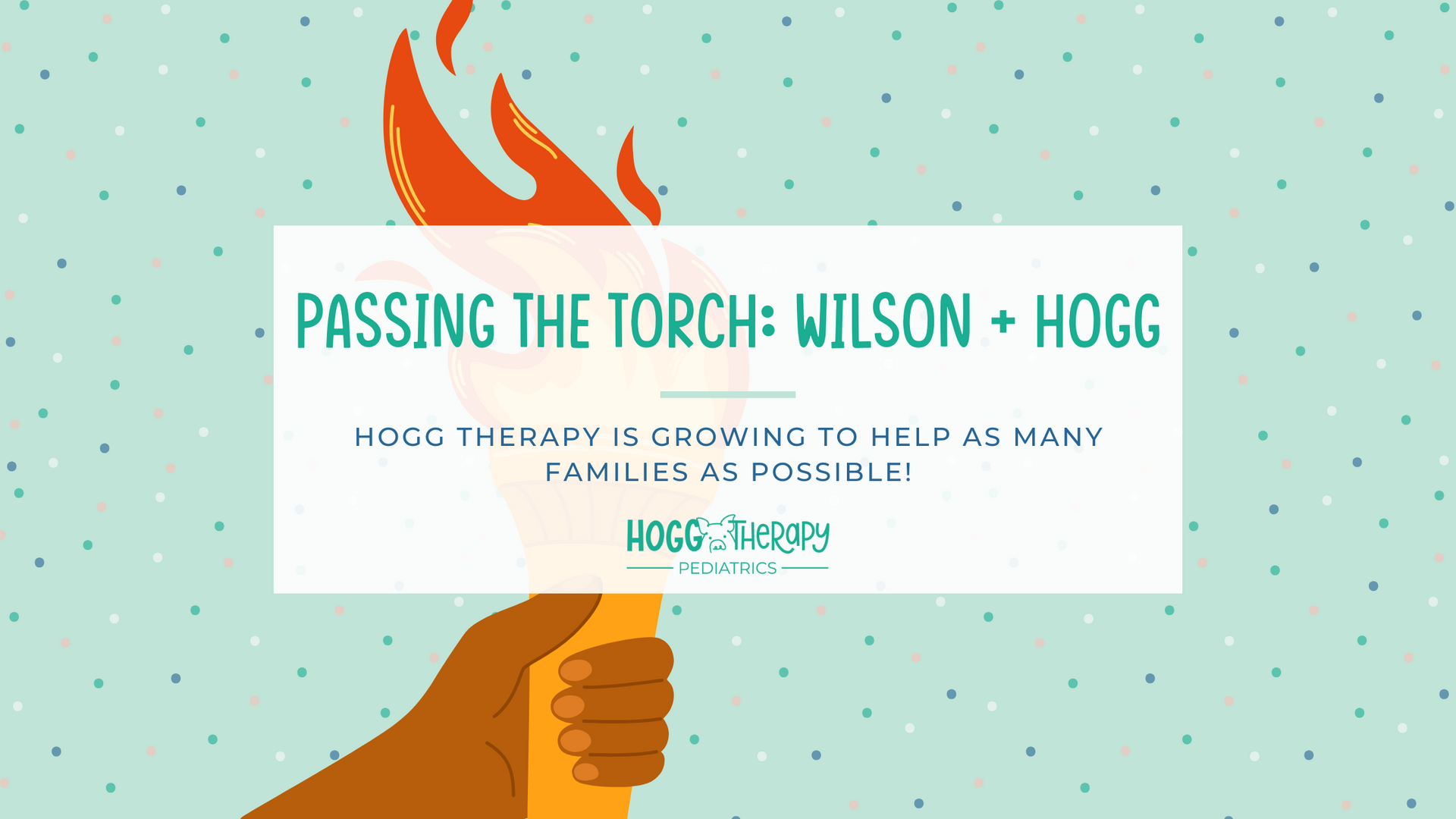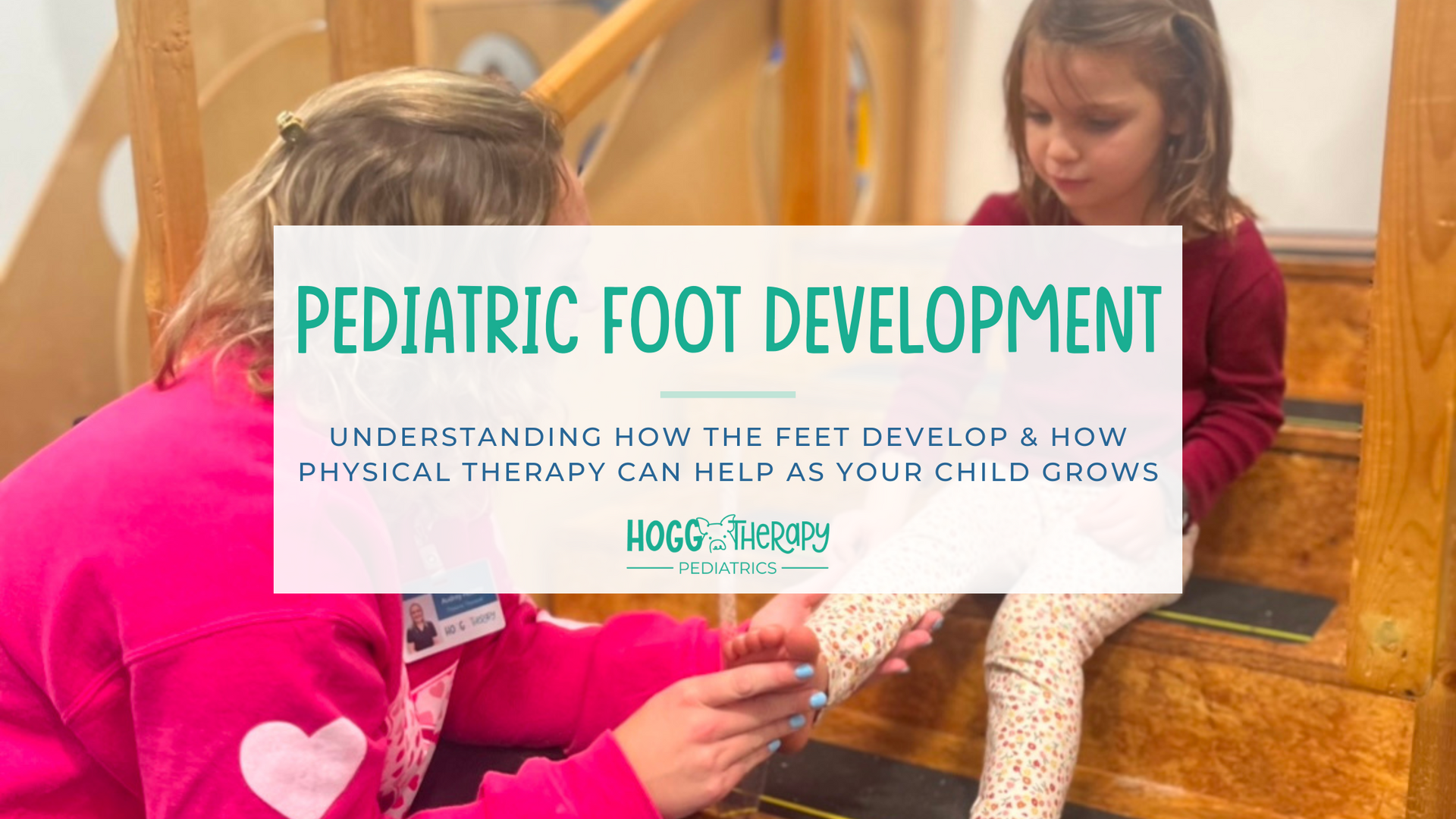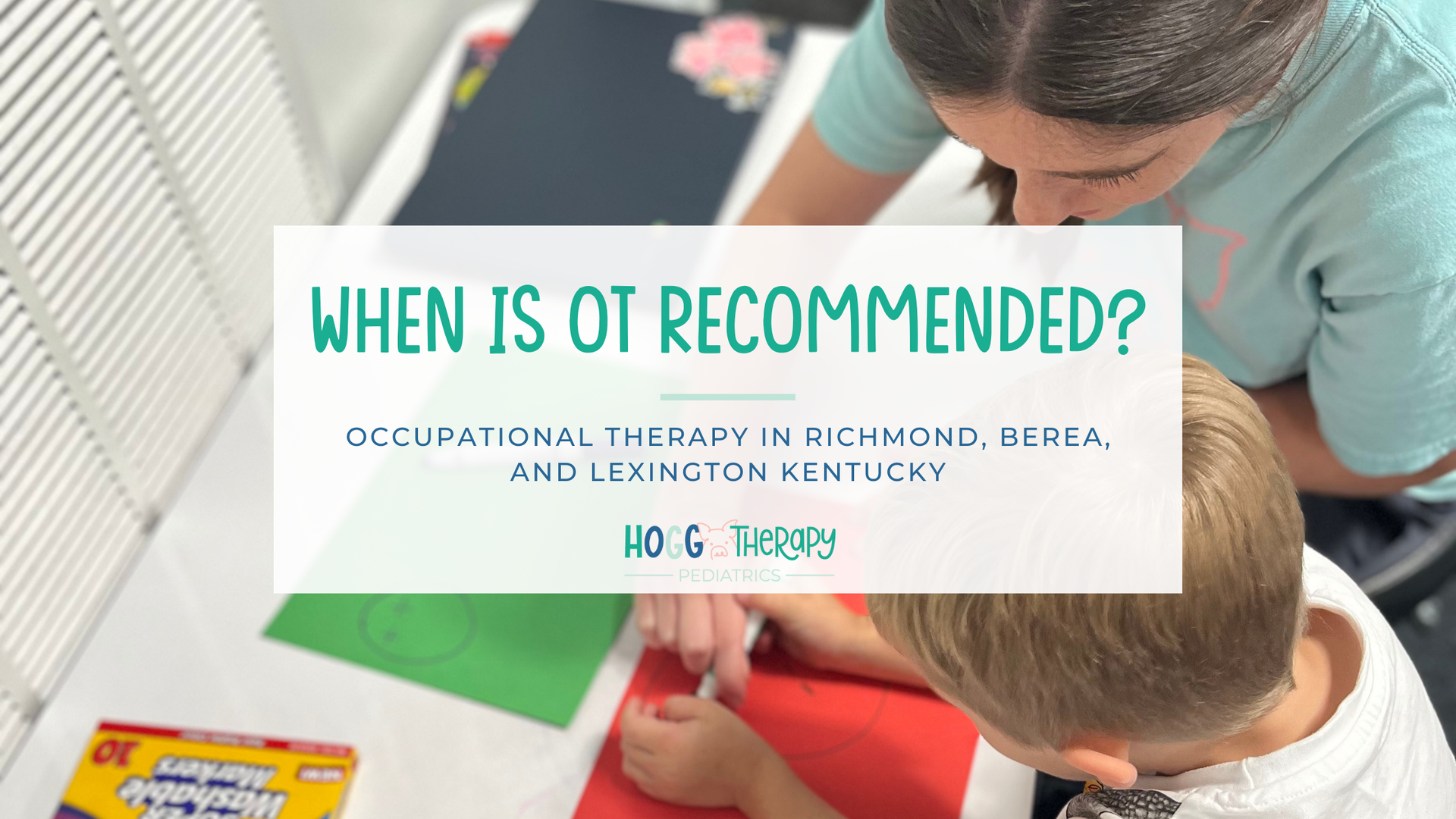School-Based vs. Private Therapy: What’s the Difference?
School and private/outpatient clinic therapy can both provide essential therapy services for your child. However, there are key differences between the two. The article highlights some key areas of difference.
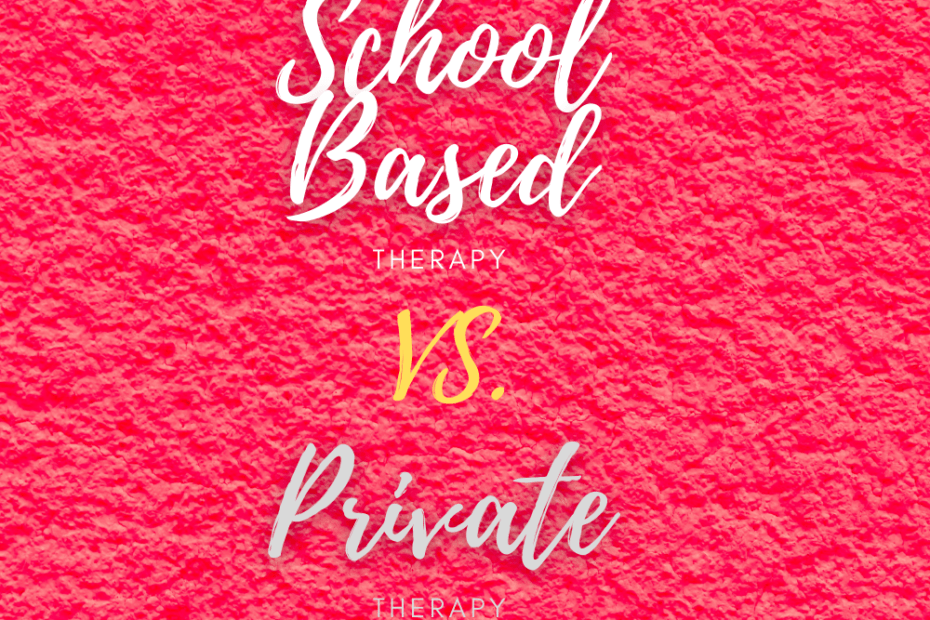
Is my child receiving adequate therapy services at school? Does my child need more resources? These are common questions for caregivers that have children in therapy at school OR feel like their child should be receiving services and are not.
School and private/outpatient clinic therapy can both provide essential therapy services for your child. However, there are key differences between the two. Below are some highlighted areas of difference:
Individual vs Group Therapy
Typically in the school setting, children receive group therapy services or can receive push-in services in the classroom. While group therapy services can certainly be beneficial, there will be less time for an individually tailored approach and less opportunity to practice targets per child during the session. Push-in services can aid academically in the classroom but may have limits on what goals can be targeted and achieved.
Private clinics offer one-on-one services to provide intensive therapy towards your child’s goals. Individual based therapy means more time to work on goals and more communication with the caregiver, typically. Also, therapy goals can have a more wide base and won’t be solely focused on skills that impact academics.
Qualifying for Therapy
School-based services look more at how a child’s speech and language skills are impacted academically. While academic skills are important, some children that could greatly benefit from therapy may not qualify due to deficits not “impacting” academics or performance in school. For example, a child may have social communication difficulties, but the school speech-language pathologist (SLP) may not be able to qualify the child based just on that.
Private/outpatient therapy services, again, have a wider base, and often children may be able to qualify for services at these clinics when schools say they don’t qualify. If you find yourself in a scenario where the school does not qualify your child but you feel that your child needs services, it is wise to seek out a second opinion at a private therapy source.
Therapy Goals
Again, since school based services are often academically focused, the school therapist may be limited in the goals that can be implemented in your child’s IEP. At a private clinic, there is more freedom to target areas outside of academics/school-based performance.
Communication
Often for school therapy, communication is limited to yearly IEP meetings. With private/outpatient services, caregivers often have the opportunity to talk to their child’s therapist before or after each session and should be given things they can work on at home. This gives the caregiver the chance to bring up any new concerns or new goals they would like to be targeted. This also gives a chance to regularly hear about progress their child is making.
Resources
Private therapy clinics are often able to provide different resources to the child that may be limited or restricted at the schools. For example, at our clinic, we have a therapy gym and open space to move around. Services such as feeding therapy are more likely to be offered in a clinical setting. We can also provide recommendations or advice that schools may not be able to give.
In conclusion
School therapy services are excellent resources for children. For some children, you may find that just school services are sufficient for your child. However, in some cases, getting both school and private therapy services can greatly increase your child’s progress and give the ability to target a wider range of goals!
Kaitlyn Losey, M.S., CCC-SLP
Check out our Pinterest!



